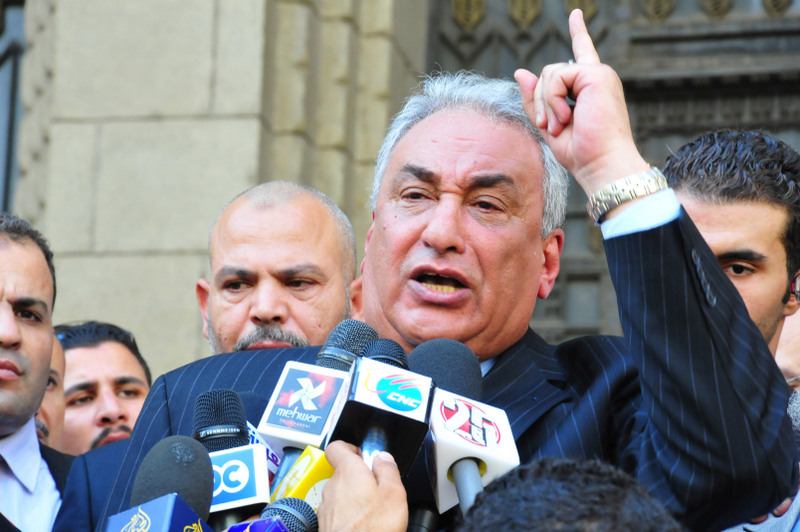Egypt’s President Abdel Fattah Al-Sisi met on Sunday with Prime Minister Mostafa Madbouly, Minister of Finance Mohamed Maait, to follow up on the development of financial policies and the economic performance indicators.
Deputy Minister of Finance Ahmed Kajouk for financial policies, and Ihab Abu Eish, Deputy Minister of Finance for public treasury, also attended the meeting.
During the meeting, the president was briefed on the performance of fiscal year (FY) 2021/22, the outcome of which confirmed the ability of the Egyptian state to deal with international economic changes and absorb shocks, which established a positive impression of the resilience and solidity of the Egyptian economy among international financial institutions.
The Finance Minister said that his ministry was able to achieve positive results. These achievements made Egypt among a limited number of countries in the world that achieved a primary surplus of 1.3% of GDP, while most emerging countries achieved a primary deficit of 4.7%.
“FY2021/22 witnessed an annual growth rate of budget revenues approaching 20%, while the annual growth rate of total expenditures reached 14.8%, which helped achieve financial targets and reduce the budget deficit to GDP ratio, while total spending on investments by 23% to achieve a major leap in this field compared to what was previously done during the past financial years,” Maait said.
In this context, the president directed the government to continue the approach of financial discipline and maintain the safe path of the public budget, while formulating a medium-term strategy to target the largest possible reduction in debt-to-GDP ratio.
The official spokesperson for the presidency said that the meeting also witnessed a review of the projects of the Ministry of Finance, especially in tax, customs, the Comprehensive Health Insurance, the government financial network, electronic payroll, and electronic payment and collection.
With regard to taxes, the president was briefed on the launch of the last phase of the development of the main tax system and the actual operation of the electronic receipt starting last July, which is integrated with the electronic invoice system that began to be implemented in 2020, in addition to following up on the developments of other work mechanisms and initiatives to combat tax evasion, as well as to include the informal sector with these mechanisms.
At the level of the customs sector, the international standards that were applied in customs for goods that are imported from abroad were reviewed, within the framework of the governance of the import process, especially with regard to reducing the customs release time to an average of less than 3 days in line with international rates and standard specifications in this regard.
Al-Sisi directed the speedy completion of all aspects of the new customs system in all the remaining ports and customs ports, with the aim of governing the procedures in them and providing them with the latest devices for X-ray detection, as well as auditing the operation through the working human cadres to be at a high technical and professional level and to ensure that they have the ability to Absorbing modern technology into the new system.
On the other hand, the financial position of the Comprehensive Health Insurance Authority was reviewed in terms of revenues, expenses and the number of registered citizens in the system, where the President directed to continue the steps and stages of implementing the system to reach the desired goal to include all governorates.

